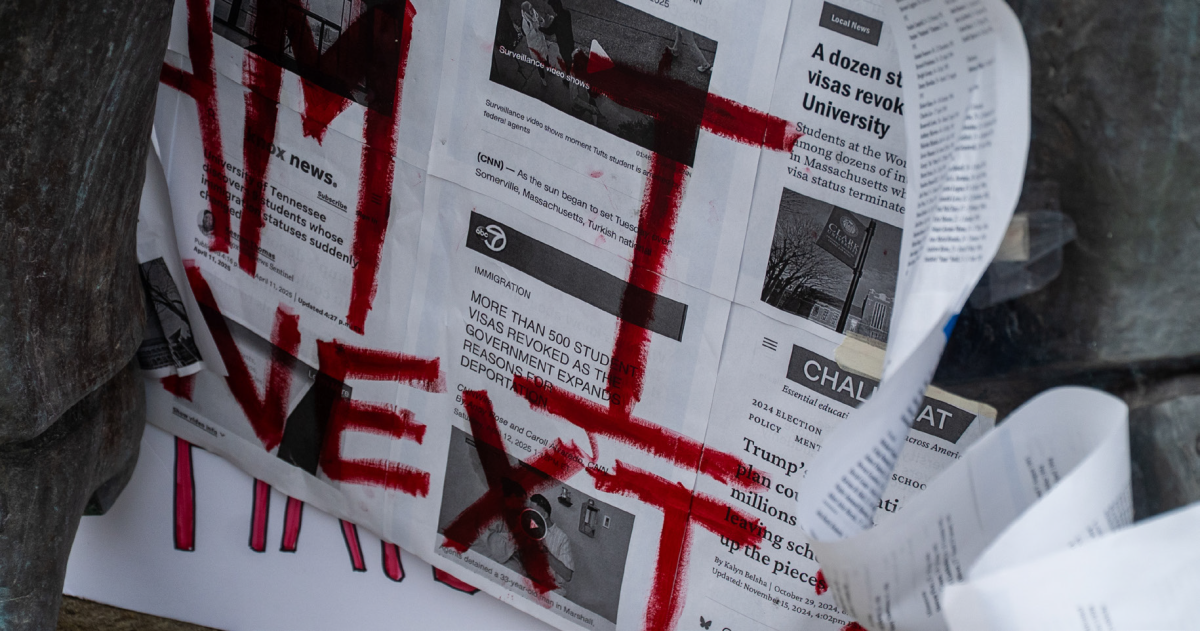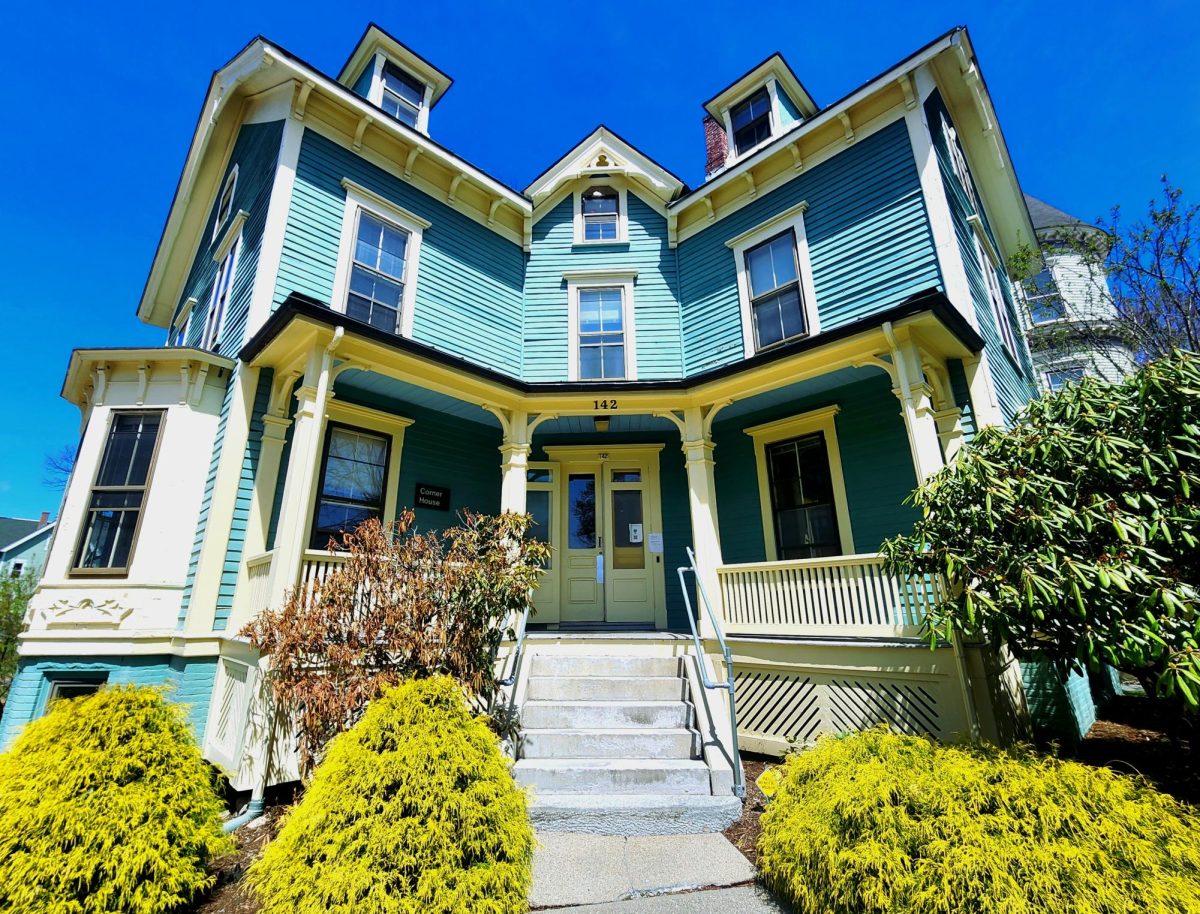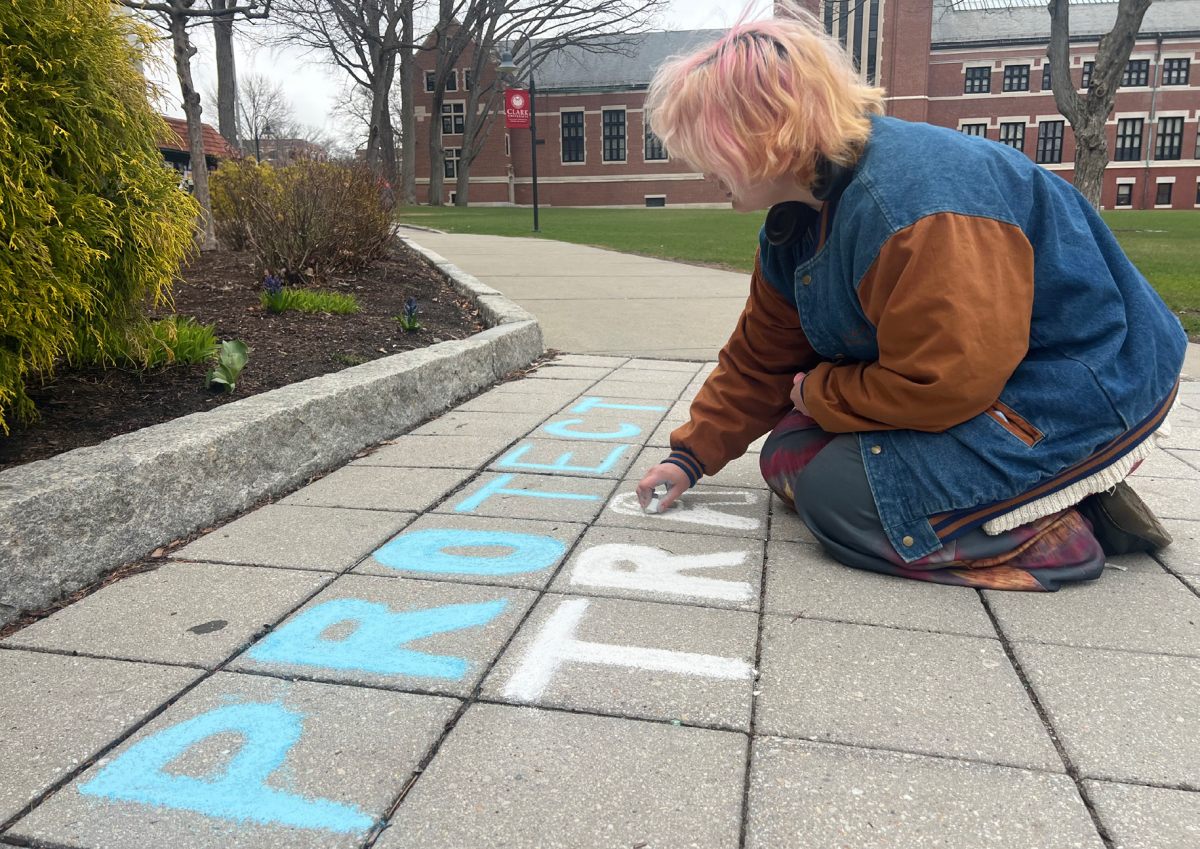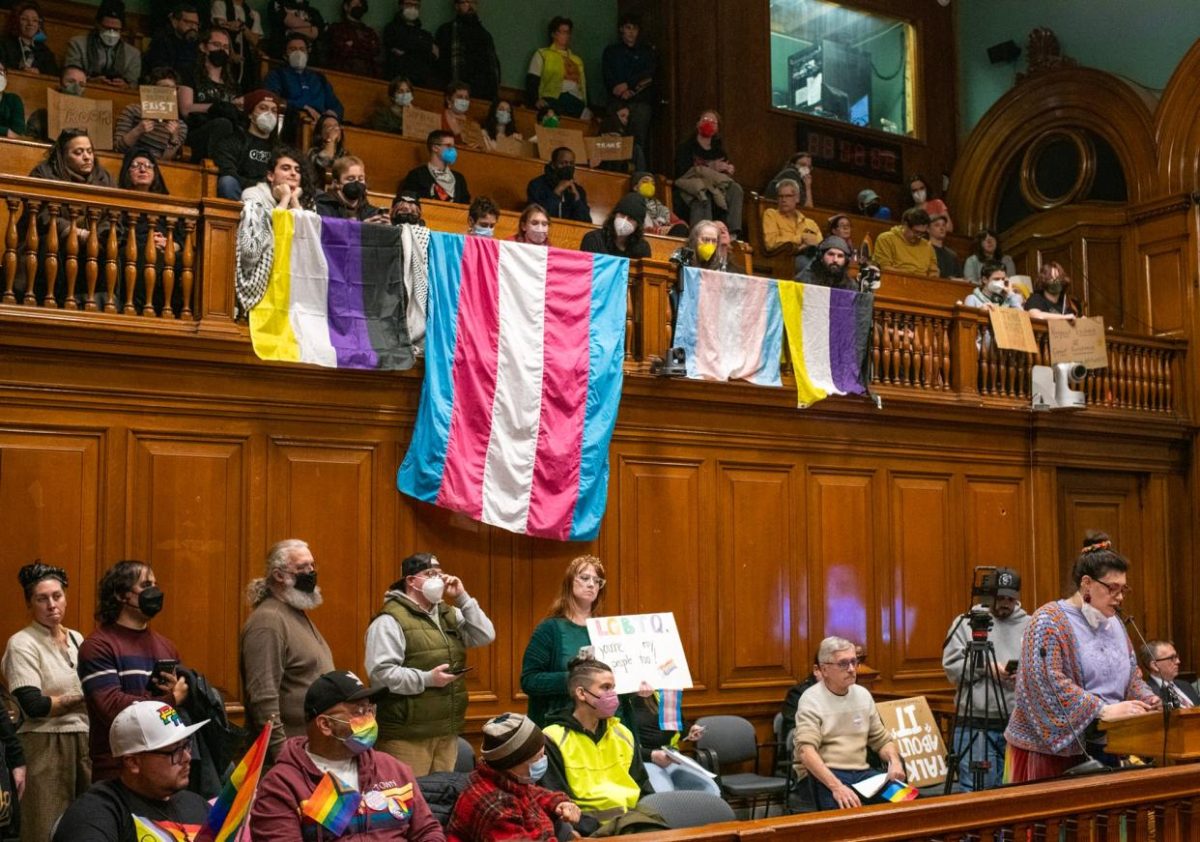In an official statement released at the end of last month, Worcester-based nonprofit LIFT announced the dissolution of its 16-bed overnight shelter, HARBOR. The nonprofit also said it would be changing the name of its organization to Safe Exit Initiative.
The goal of the organization is to end systems of prostitution through the implementation of the Equality Model. The Equality Model, also known as the Nordic model, promotes the decriminalization of people in prostitution as well as the provision of exit programs whilst simultaneously penalizing buyers and traffickers to decrease demand. In other words, selling sex is legal while buying sex, pimping, and brothels are criminalized.
While HARBOR’s survivor-led programming will continue from 8 a.m. to 8 p.m., the shelter closing is a huge loss to survivors in the area and will remain so especially as the weather gets colder in the coming months. According to the Central Mass. Housing Alliance, there were over 800 houseless people living in Worcester in February of 2023, a 30 percent increase from a year prior. The number of people seeking services in the winter months is a more accurate representation of the total number of homeless or unsheltered people, as it is easier for people to survive in warmer weather.
Prostitution and homelessness go hand in hand, as the industry preys on the most vulnerable members of society who have no choice for survival other than to enter the sex trade. This disproportionately affects Black and transgender women as well as undocumented immigrants. A study conducted in 2004 found that out of 325 women in the sex trade surveyed, 50% reported a history of sexual abuse and 45% were homeless at the time. While quantitative data on violence and exploitation of the commercial sex trade remains hard to come by due to the nature of the trade and purity culture at large, it is fair to assume that the number of women forced to resort to sex work for survival has increased alongside the rising cost of living and hardships of the COVID-19 pandemic.
The mortality rate and risk of sexual violence within prostitution is much higher than any other profession. Its estimated that globally, sex workers have around a 45-75% chance of facing sexual violence on the job. Furthermore, this statistic does not consider that the economic and political coercion that forces women to sell their body for sex is a form of sexual violence in and of itself. Additionally, pimps will often introduce prostitutes to opiates or other addictive drugs to keep them more reliant on their supply, thereby making it harder for them to exit the trade.
Many prostitutes report that they end up using drugs to self-medicate from the trauma and violence they experience and/or dissociate from what is happening to their body. Last year, the number of opioid-related deaths reached an all-time high for Worcester County, accumulating in total of 331 deaths, according to the Massachusetts Department of Public Health. Opioid harm reduction and reducing the violence of the sex trade go hand in hand. With the amount of social stigma towards sex workers and addicts, there are very few opportunities for those struggling to reach out for the help that they need without risking punishment or incarceration. This is why shelters like HARBOR are so crucial for supporting survivors, as other shelters often turn away people who are actively engaged in substance use.
Safe Exit Initiative attributes the end of the overnight program to a decrease in city funding – a budget cut of $50,000. To qualify for receiving additional funding, city officials wanted proof that “the women that rely on the shelter are showing improvement in their recovery from substance abuse and prostitution.” It’s difficult to imagine how to meet the city’s requirements, though, with “improvement” being so subjective and nonlinear in its progression. Such a requirement is devoid of any humanistic understanding of psychology, which is the primary objective of the nonprofit: humanizing sex workers in order to combat their dehumanization within society at large.
Dehumanization is what the commercial sex industry relies upon. Its profits stem from the reification of people into profits. More funding is needed for organizations like Safe Exit Initiative to combat this structural violence, not less. Failure to fund harm reduction programs will likely end up costing the city more money in the long run than had they simply taken more of an initiative to prevent crises from happening in the first-place.
The Scarlet reached out to LIFT for an interview on multiple occasions, but did not receive a response.




